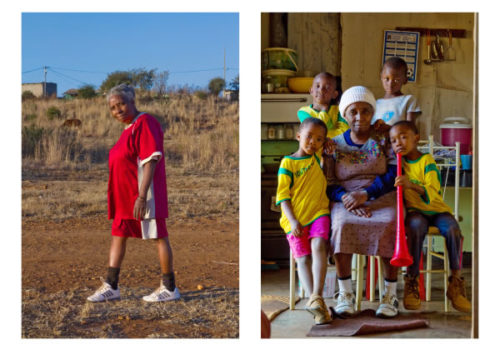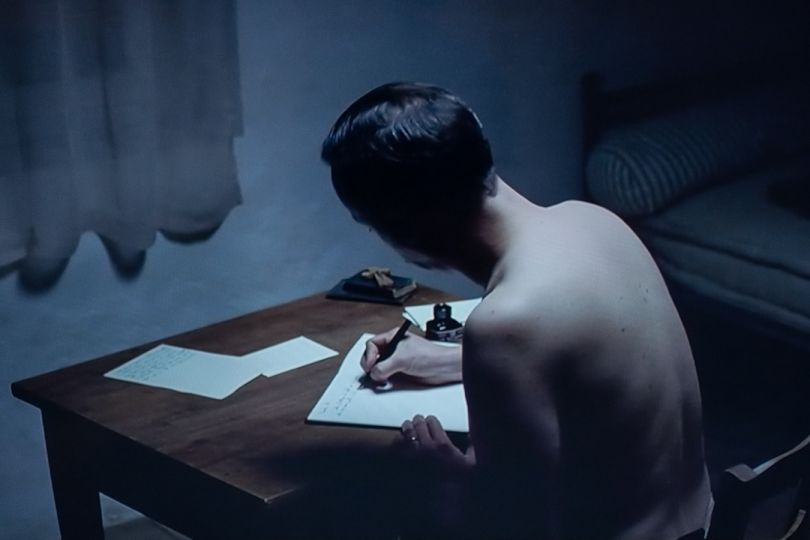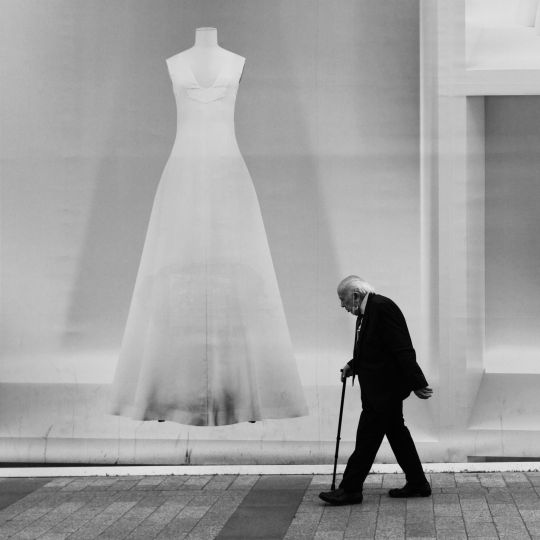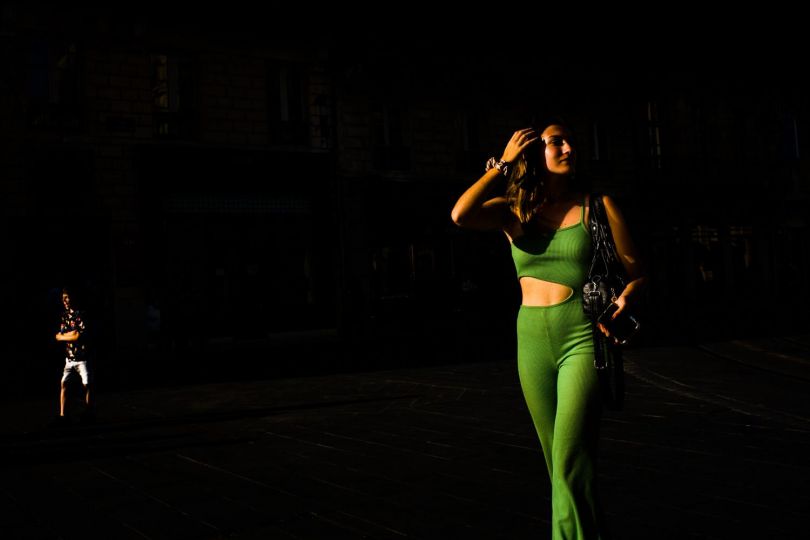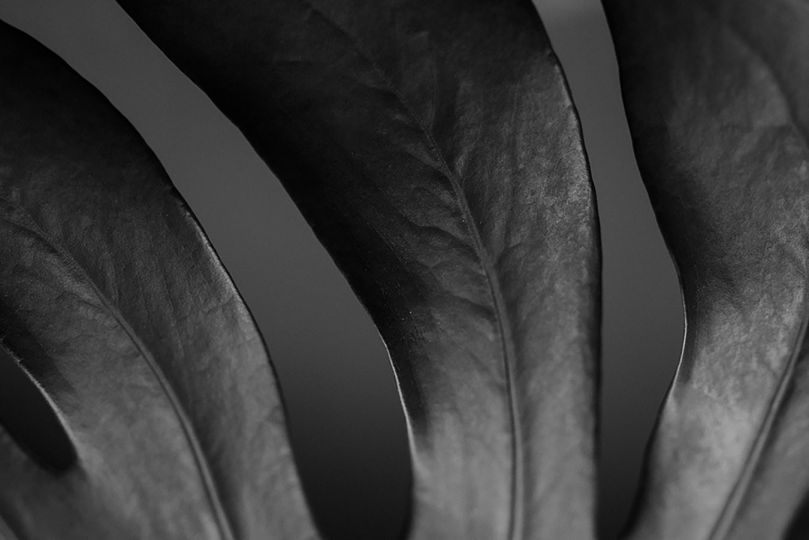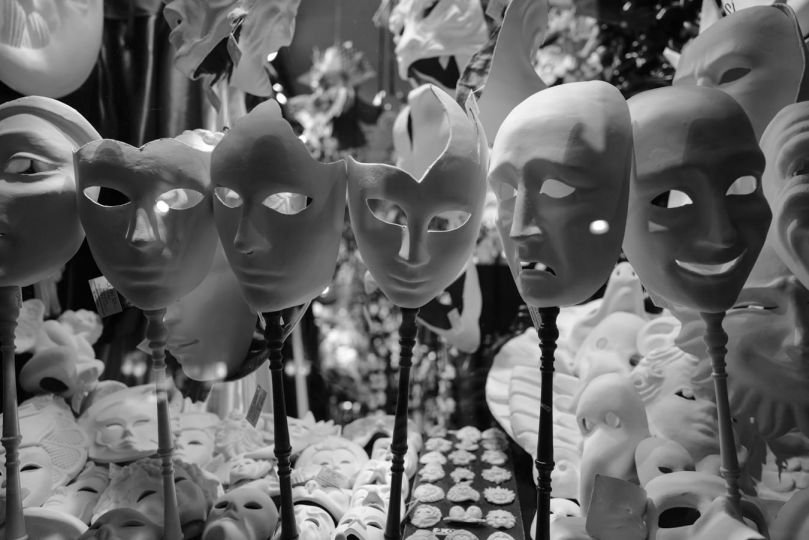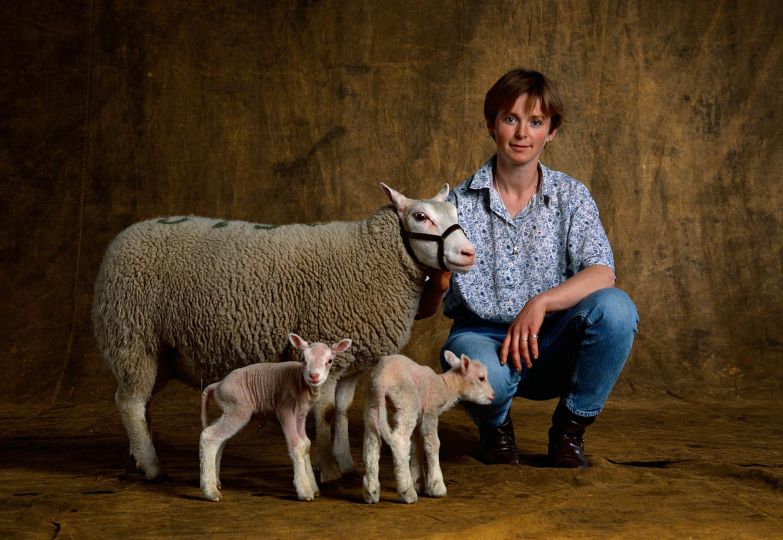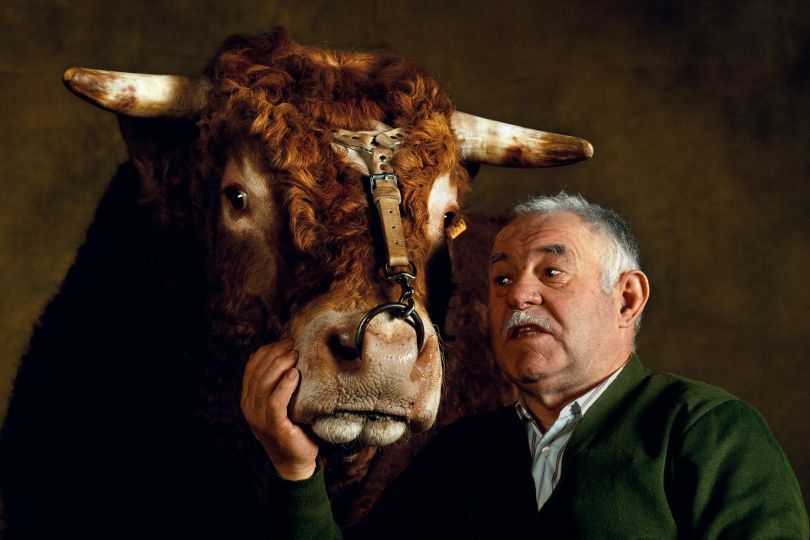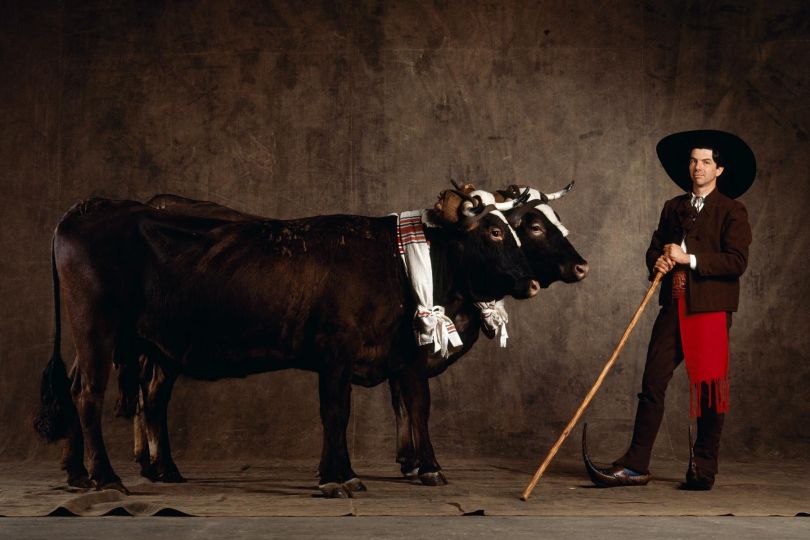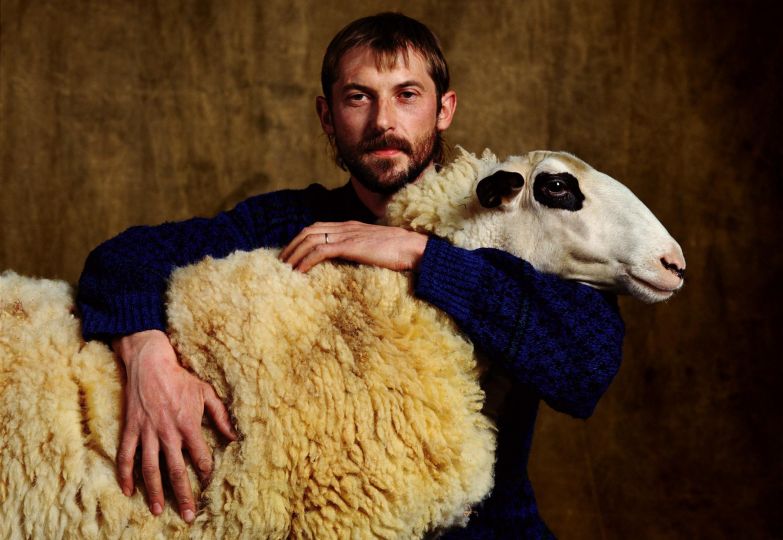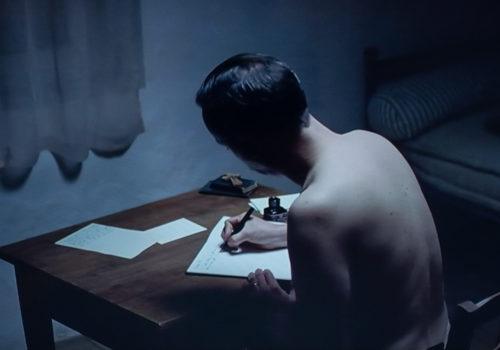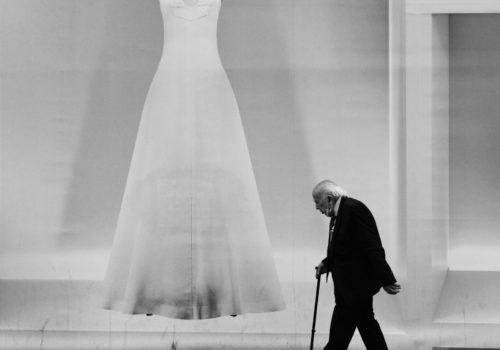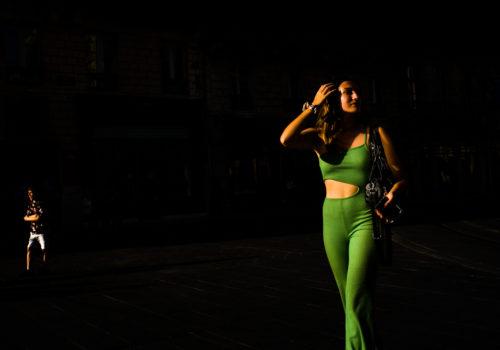Born in 1978, Andrew Esiebo lives and works in Ibadan, and is a founder member of the Nigerian photojournalism collective Black Box. Photography is beginning to make its presence felt in Nigeria, but is still a rare subject in schools. Esiebo taught himself his craft with a camera he was given in 2000: pictures of young people of his generation, nightlife, football, the religious revival, galloping urbanisation and the country’s cultural traditions.
Enthusiastic reactions to his work led to residencies abroad and, in turn, to a broadening of his range of interests. When he won an Institut Français Visa pour la Création award in 2007, he set about documenting the everyday life of a Cameroonian homosexual in Paris. This series laid the groundwork for his characteristic approach: addressing the taboos and injustices undermining African societies – where sexuality and feminism, for example, are almost never spoken of – and subtly denouncing them. A similar discretion marks his series on the Nigerian community in London.
Andrew Esiebo takes his time: intimate experience and the harshness of the immigrant life cannot be captured in photographs until a relationship of trust has been established. Photography, he says, makes him “think global and act local”. Alter Gogo takes a quirky look at the global phenomenon that was the Soccer World Cup in South Africa in 2010. In Orange Farm, a shantytown near Johannesburg, he met the Gogo Getters, a soccer team made up entirely of grandmothers: the resulting two-part portraits show each of these elderly ladies first at home, most often with their grandchildren, then out on the pitch in full soccer outfit. This series is a direct contradiction of the media image of the aged in South Africa, as it challenges the cliché of football as a sport strictly practiced by men and young people. As such, it restores these women their rightful place on the country’s visual and social landscape.
Christine Eyene, curator
Text from the catalogue-book “Photoquai”, co-edited by Musée du Quai Branly- Actes-Sud

